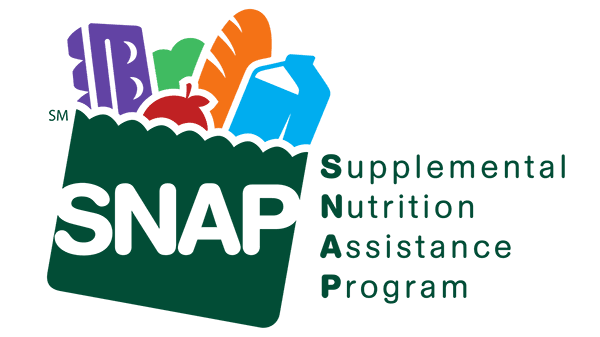
A South Dakota newspaper’s Freedom of Information Act request for what the grocery industry calls trade secrets related to sales figures from Supplemental Nutrition Assistance Program participants was heard by the Supreme Court on April 22.
The case, Food Marketing Institute vs. Argus Leader Media, originates from a 2010 request for data related to SNAP, which the government released, minus the amount each store received annually from the program.
The paper says the information will help it identify fraud, and whether efforts to get more SNAP dollars to farmers markets have been successful. The paper initially sued – and won – to get the government to release the data. That’s when the Food Marketing Institute got involved.
The trade organization representing the supermarket industry says “retailers carefully safeguard such sensitive information, which has significant value to competitors.”
During a hearing held April 22, Evan Young, on behalf of the Food Marketing Institute, argued:
“When a SNAP beneficiary receives an allocation from the government, their choice to shop at this grocery store rather than the across the street is in no sense government action. It is the unmediated decision of third parties. It tells you, in other words, an awful lot about Mrs. Smith or Mr. Jones and their choices, and it tells you a lot about how those two grocery stores marketed…and sell and what their selection might be.”
Anthony Yang represented the U.S. Government in support of the Food Marketing Institute, and argued:
“We believe that the information here is – the store-level redemption data is confidential because it’s reasonably understood in context to have been communicated in confidence and held secret.”
Robert Loeb, who represented Argus Leader Media, argued:
“How the government spends its own money is critical information that the press and the public need to know…. it’s the type of information that FOIA has been used for decades to reveal…$670 spent on toilet seats, to the bail-out funds being abused and wasted, et cetera, et cetera.”
The National Grocers Association, Arlington, VA, issued a statement in support of the Food Marketing Institute’s case following the arguments, and has previously testified on behalf of the USDA.
“Store-level sales data from SNAP or any other transaction is confidential information,” said NGA President and CEO Peter Larkin, in the statement. “NGA has long maintained that a retailer’s SNAP store data should remain private as the data contains confidential store sales information that could be used by competitors to target and harm local, community-based supermarkets.”
A decision on the case is expected this summer.
A South Dakota newspaper’s Freedom of Information Act request for what the grocery industry calls trade secrets related to sales figures from Supplemental Nutrition Assistance Program participants was heard by the Supreme Court on April 22.
The case, Food Marketing Institute vs. Argus Leader Media, originates from a 2010 request for data related to SNAP, which the government released, minus the amount each store received annually from the program.
The paper says the information will help it identify fraud, and whether efforts to get more SNAP dollars to farmers markets have been successful. The paper initially sued – and won – to get the government to release the data. That’s when the Food Marketing Institute got involved.
The trade organization representing the supermarket industry says “retailers carefully safeguard such sensitive information, which has significant value to competitors.”
During a hearing held April 22, Evan Young, on behalf of the Food Marketing Institute, argued:
“When a SNAP beneficiary receives an allocation from the government, their choice to shop at this grocery store rather than the across the street is in no sense government action. It is the unmediated decision of third parties. It tells you, in other words, an awful lot about Mrs. Smith or Mr. Jones and their choices, and it tells you a lot about how those two grocery stores marketed…and sell and what their selection might be.”
Anthony Yang represented the U.S. Government in support of the Food Marketing Institute, and argued:
“We believe that the information here is – the store-level redemption data is confidential because it’s reasonably understood in context to have been communicated in confidence and held secret.”
Robert Loeb, who represented Argus Leader Media, argued:
“How the government spends its own money is critical information that the press and the public need to know…. it’s the type of information that FOIA has been used for decades to reveal…$670 spent on toilet seats, to the bail-out funds being abused and wasted, et cetera, et cetera.”
The National Grocers Association, Arlington, VA, issued a statement in support of the Food Marketing Institute’s case following the arguments, and has previously testified on behalf of the USDA.
“Store-level sales data from SNAP or any other transaction is confidential information,” said NGA President and CEO Peter Larkin, in the statement. “NGA has long maintained that a retailer’s SNAP store data should remain private as the data contains confidential store sales information that could be used by competitors to target and harm local, community-based supermarkets.”
A decision on the case is expected this summer.
Pamela Riemenschneider is the Retail Editor for Blue Book Services.



